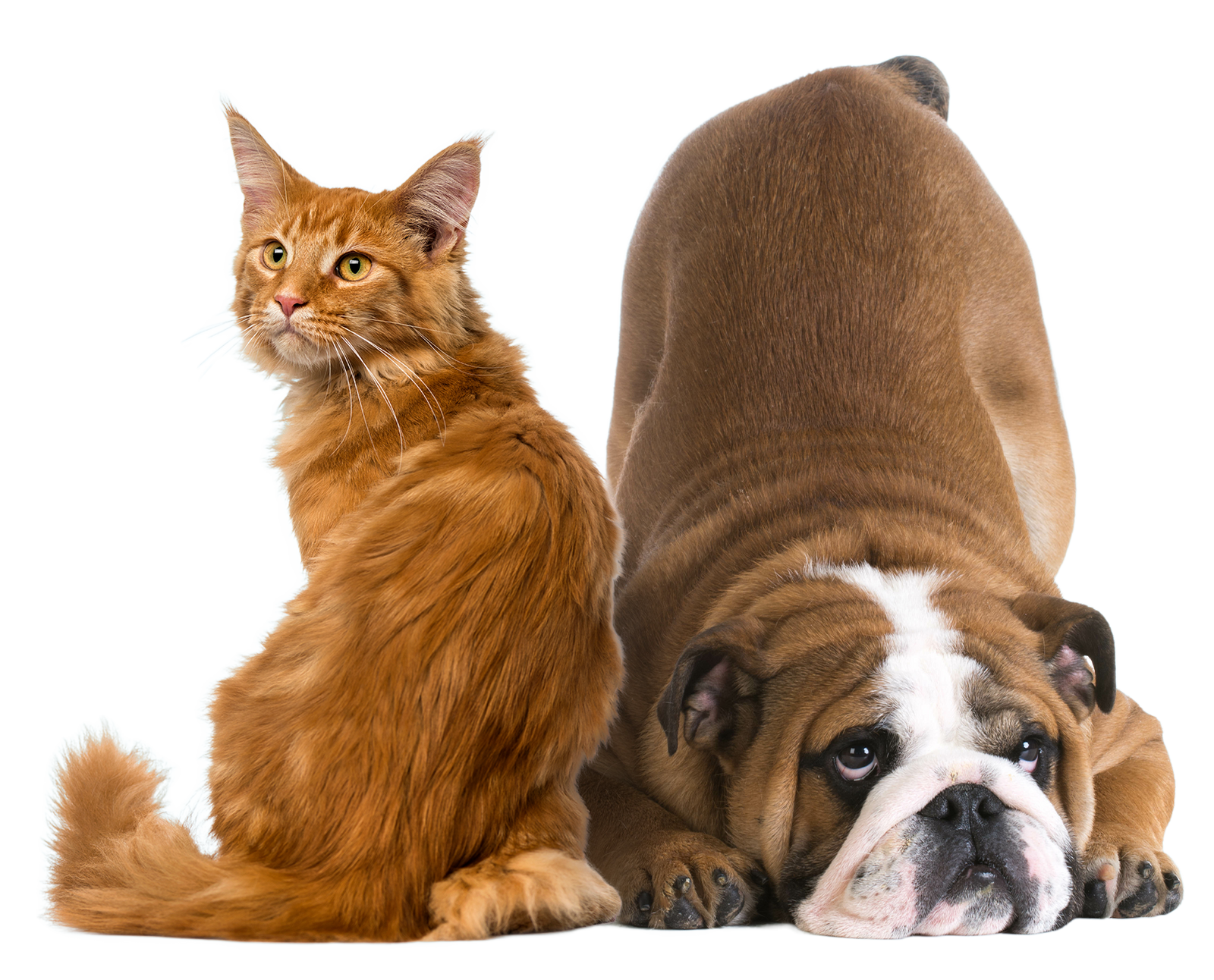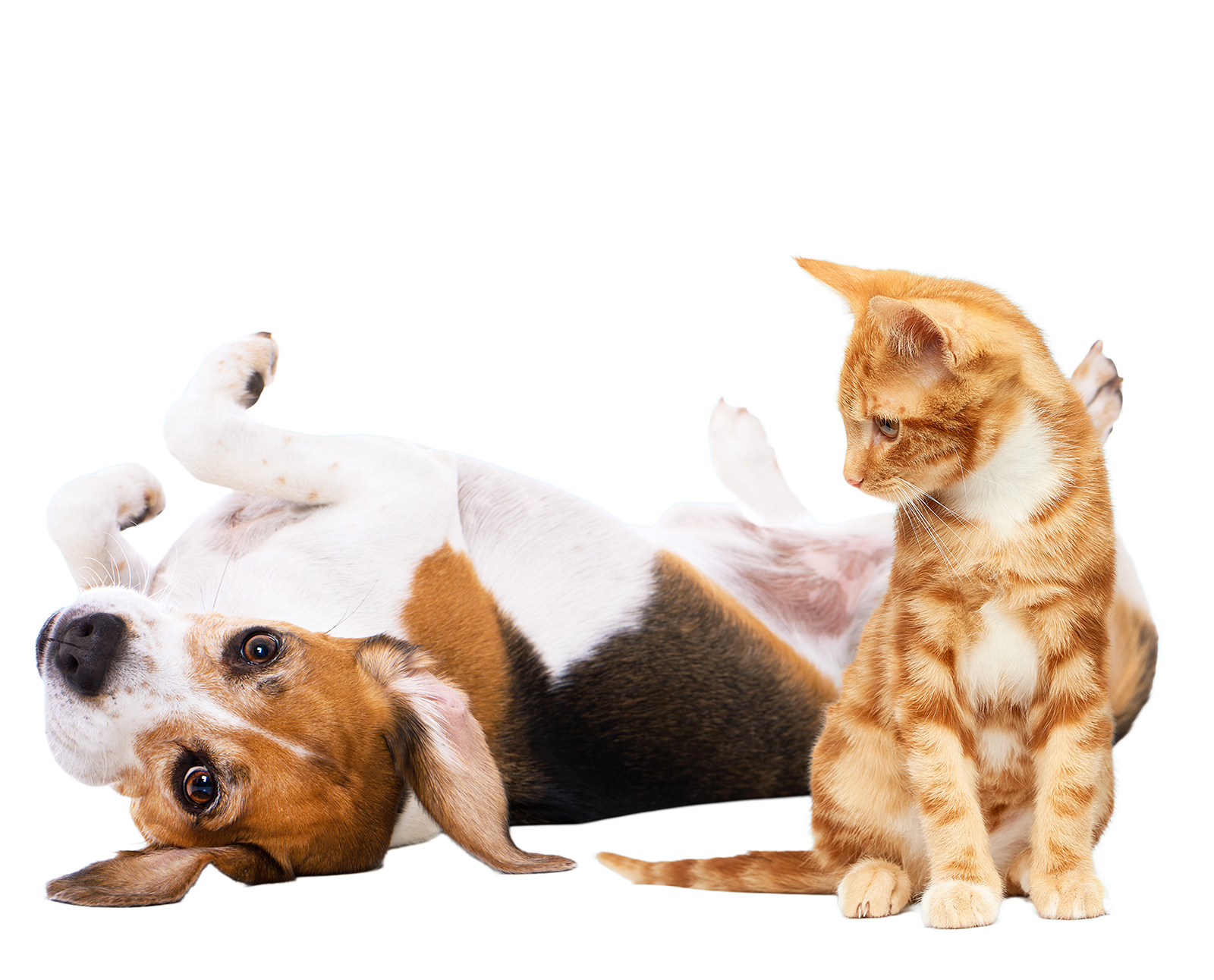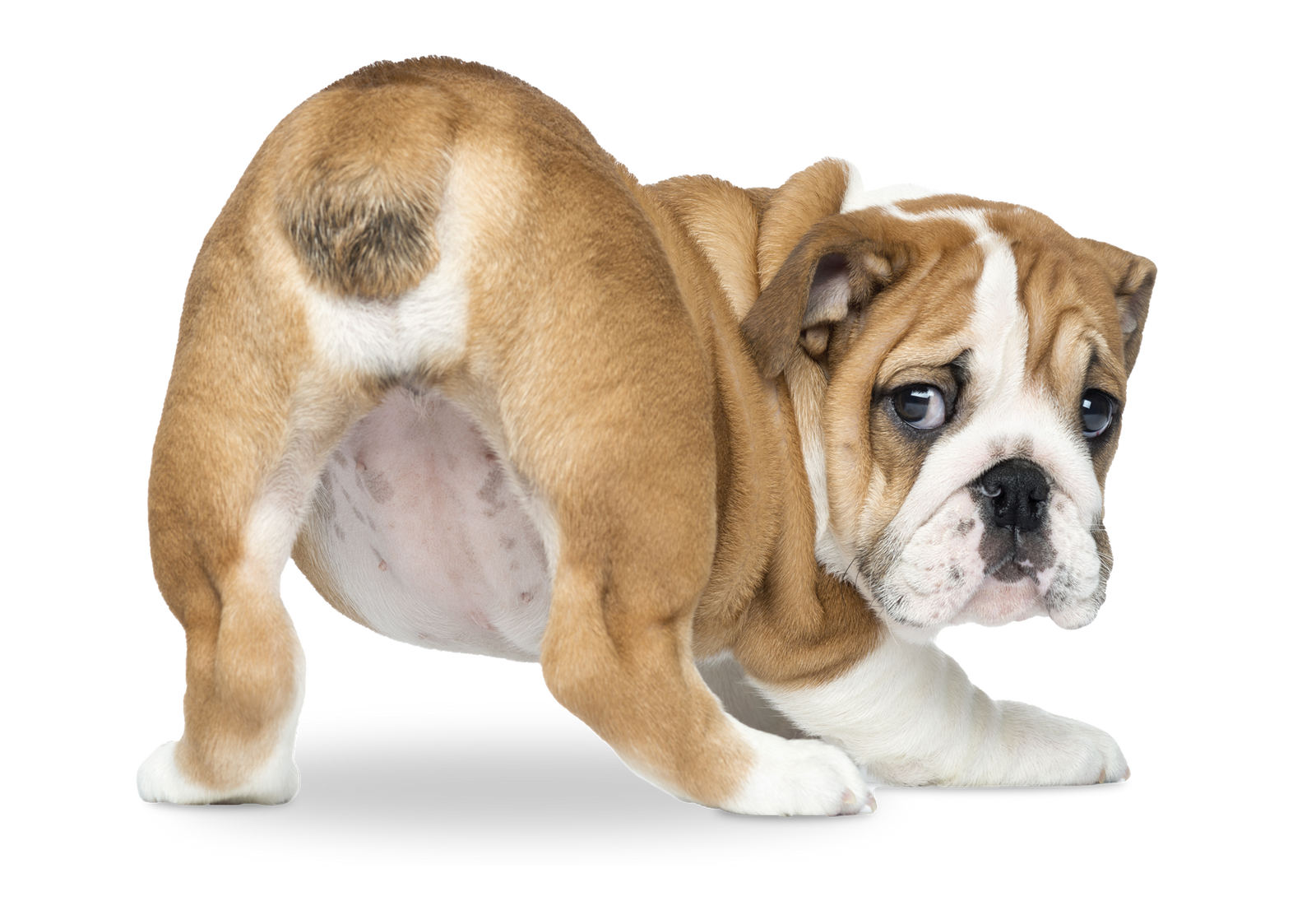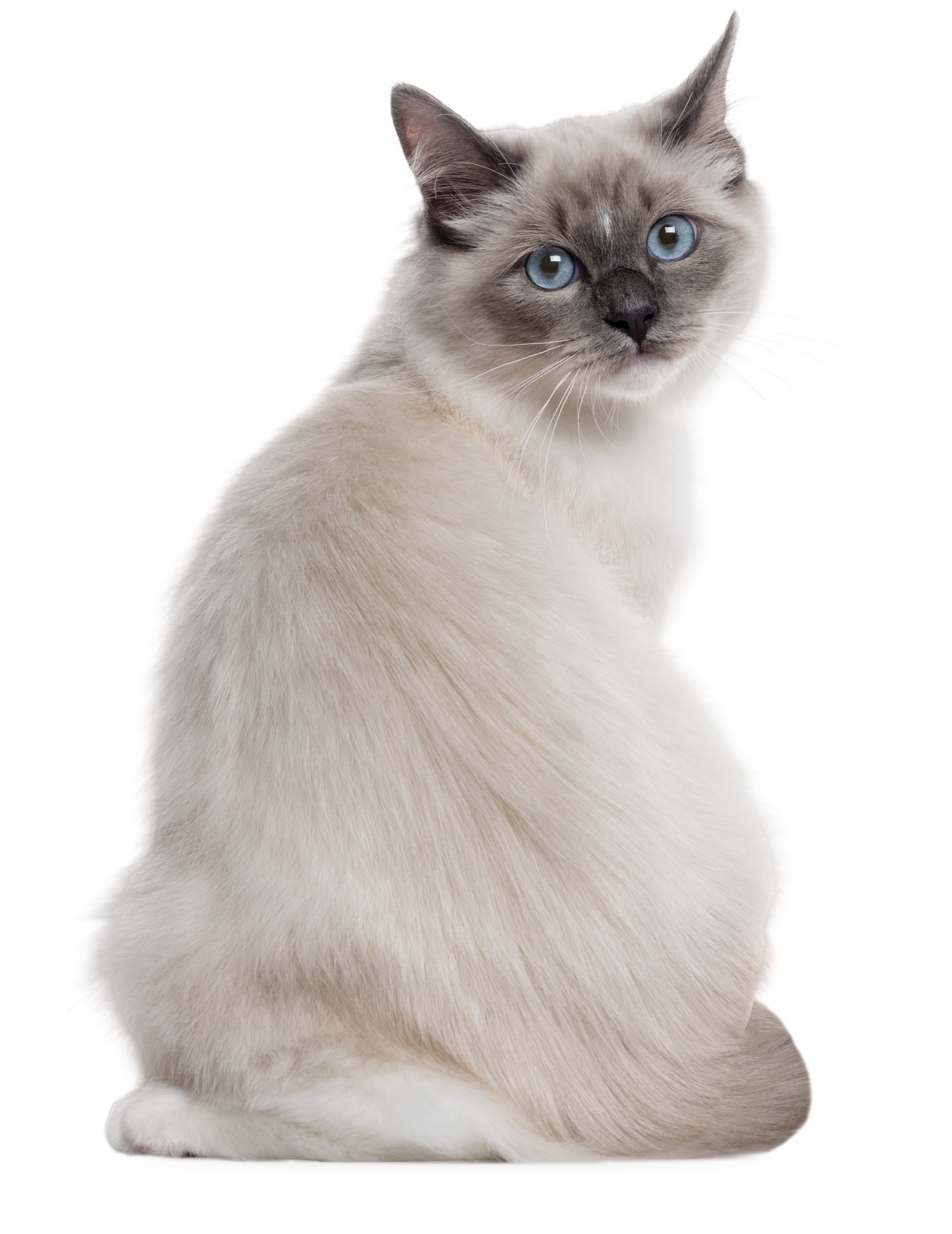Cat Anal Gland Issues: Signs & Symptoms | Glandex

Cats can be subtle about communicating physical discomfort. However, any cat who displays the following behaviors may need to be checked for anal gland problems or may require anal gland expression:
- Repeated licking of the anal area: While all cats normally clean themselves, the discomfort of anal gland inflammation or infection will cause cats to repeatedly interrupt their activities to lick themselves.
- Scooting: This behavior is typical when a cat is trying to ease itching in the rectal area. The cat sits on the ground and pulls their body forward with their front paws, so that their hindquarters "scoot" along the floor.
- Defecating outside the litter box: While this is usually caused by the cat's objection to some aspect of their litter box, it can also indicate discomfort or constipation due to anal gland inflammation.
- Foul odor: A healthy cat should not have any unpleasant body odors. Noticing a bad smell is a red flag that should catch an owner's attention.
- Redness or swollen of the anal glands: While the other symptoms on this list can have many causes, a visible inflammation or swelling of the glands is a tell-tale sign. The anal glands are located on either side of the rectal opening. Thinking of the area like a clock face, the anal glands are at the 4:00 and 8:00 positions.
About Cat Anal Glands
Although cats are far less likely than dogs to have problems with their anal glands, it can happen. If the ducts or outlets from these glands become clogged, then the glandular fluid can't be pressed out in the normal way when the cat defecates. The glands can become impacted, and this in turn can constipate the cat and interfere with normal litter box usage.
When excessive bacteria build up in the anal gland, it becomes an infection. This makes the whole area painful and itchy for the cat, and they may try scooting and licking in their attempt to relieve the problem. Infections that go untreated for too long can create an abscess. This is an acutely painful condition that needs prompt medical intervention.
Treatments & What to do for Anal Gland Problems in Cats
If a cat is showing signs of anal gland problems, the owner should check with a veterinarian to find out if antibiotics or pain relievers are needed. In some cases, the practitioner will also manually express the contents of the anal gland contents.
For pets that are prone to this problem, nutritional supplements are generally recommended in addition to any immediate treatment. Adding fiber and other key nutrients to the cat's diet through a tasty addition of Glandex Powder can help keep pets free from future discomfort.
This article is for informational purposes only and is not intended as medical advice or to replace proper medical attention. If your cat is experiencing anal gland problems or any other health issues you should seek a medical exam from your veterinarian.
Get in on the conversation! Post your questions or comments below. Our staff veterinarian will review your question and respond back to you.





